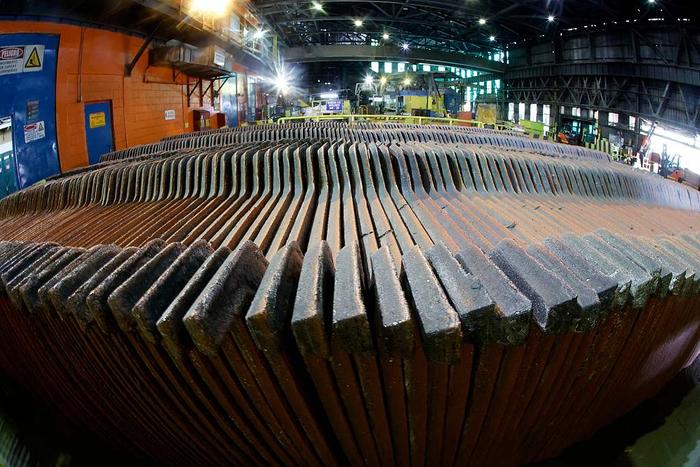
[Report] On July 9, U.S. President Donald Trump stated that the United States would impose a 50% tariff on imported copper, effective from August 1, 2025. According to The Financial Times report on the 20th, just two weeks before the tariffs take effect, Marcelo Paez, Chairman of Chile’s National Mining Corporation, warned that the U.S. tariff measures are causing market anxiety.
The Financial Times noted that Trump did not specify whether the 50% tariffs applied to refined copper, semi-finished products, or copper ore. Mining companies and industrial users have many questions about the timing and nature of these tariffs. Paez mentioned that such uncertainty is difficult to manage.
“Our clients are somewhat anxious; they need to understand how this will all end,” Paez said in an interview.
The report highlighted concerns among corporate executives about the U.S. tariff plan. Analysts warned that it could threaten several key industries in the U.S., affecting everything from electric vehicles to data centers to defense industries.
“If the (copper) tariffs officially take effect, the chain effects on end-users—such as data centers and the automotive industry—will be very strong,” said Baskran, Director of the CSIS Key Mineral Security Project, “Once domestic industries in the U.S. feel the impact of tariffs, the government is likely to re-examine the issue, as it poses a threat to U.S. industry growth.”
Copper is the third-largest consumer metal globally, following iron and aluminum. Approximately half of the U.S. copper consumption comes from imports, with most of it coming from Chile. Bloomberg previously analyzed that due to copper’s widespread use in electronic manufacturing, automobile industry, construction, and data centers, if tariff policies take effect, various sectors of the U.S. economy will face pressure on costs.